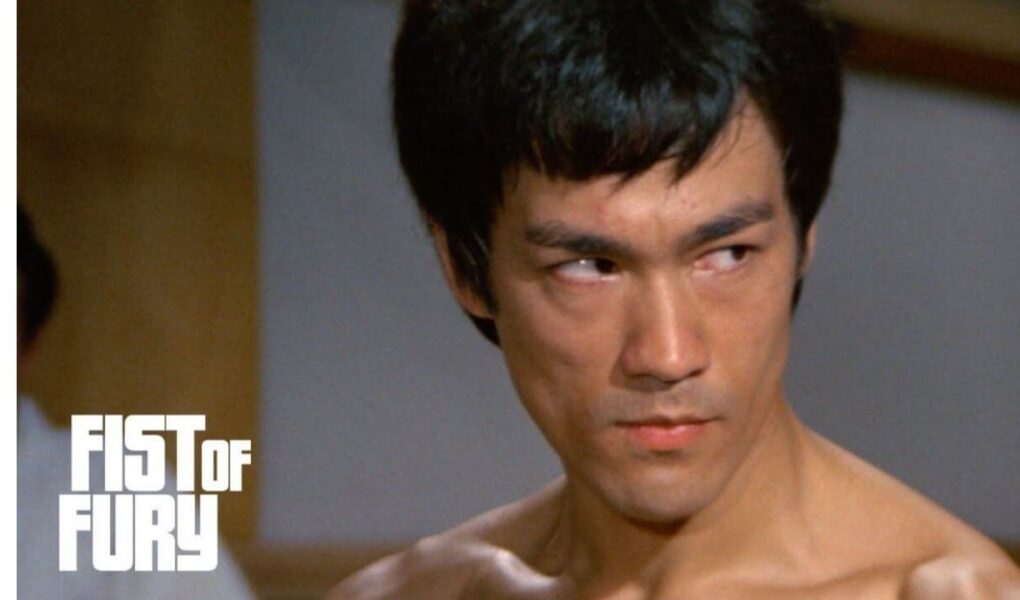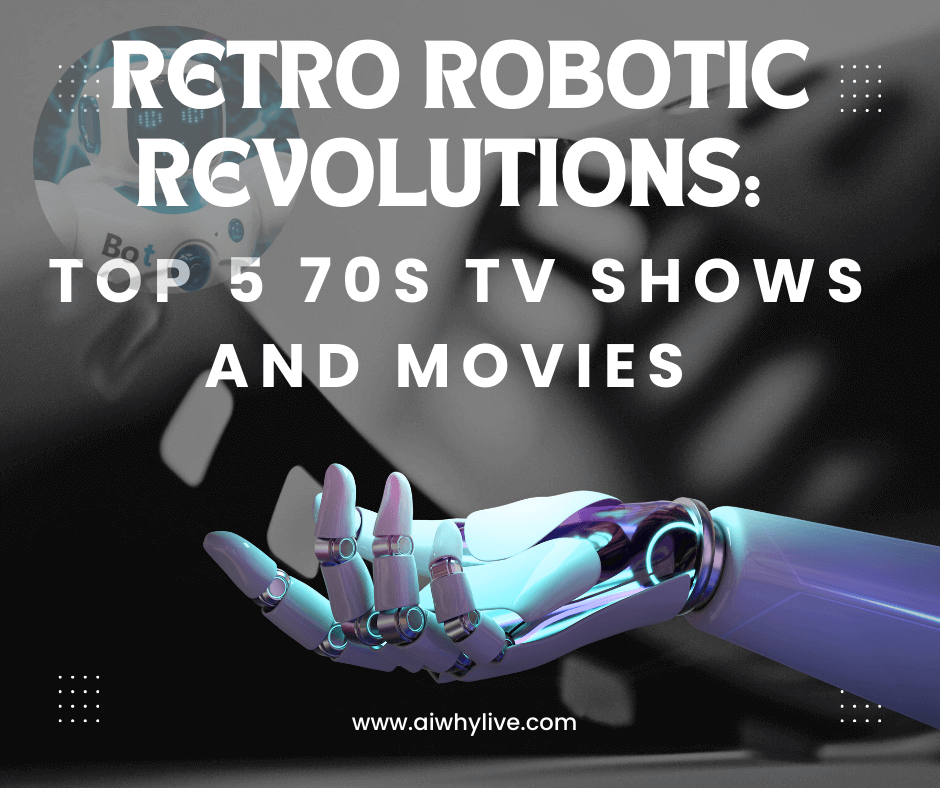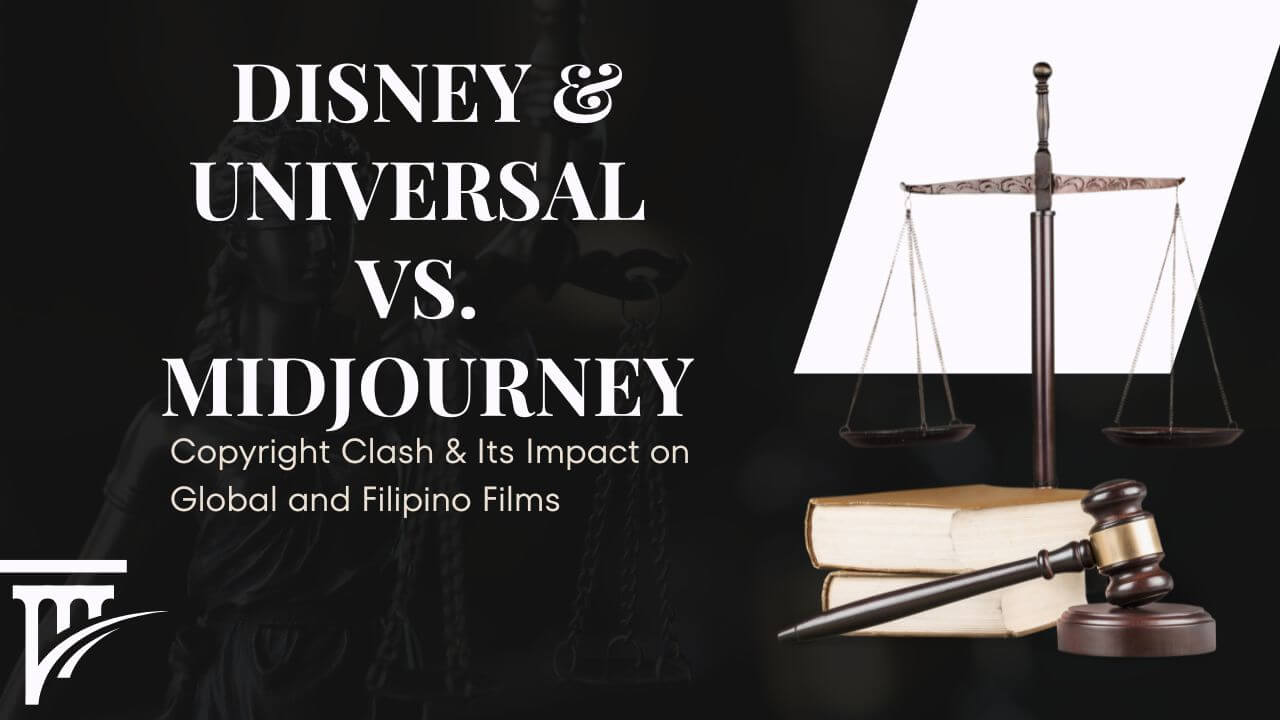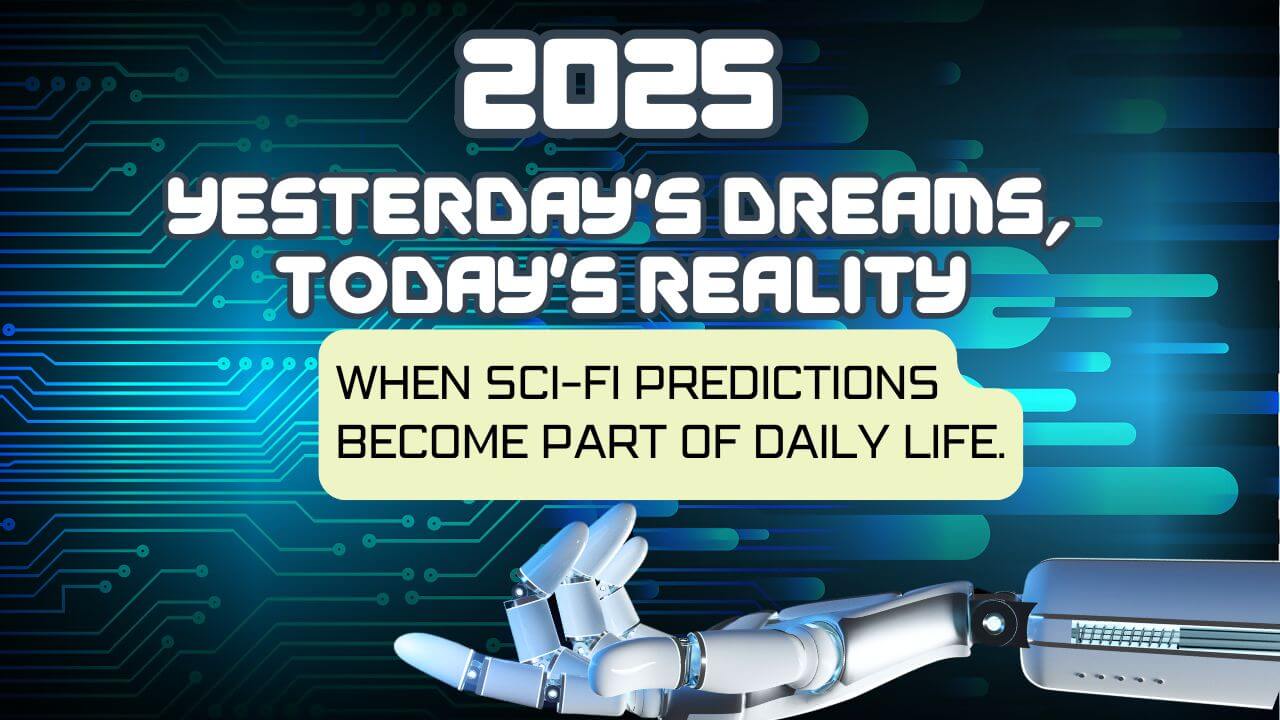If it moves like Jackie Chan, flips like Jackie Chan, and elbow-drops a bad guy while balancing on a bamboo ladder like Jackie Chan, then it’s probably not Jackie Chan. It might just be an AI-powered digital replica from the future.
Yes, welcome to the next evolution in cinema, where Chinese studios are giving around 100 legendary kung fu films a full-on AI resurrection. Bruce Lee’s Fist of Fury, Jet Li’s iconic Once Upon a Time in China, Jackie Chan’s gravity-defying Drunken Master—they’re not being remade with new actors, but reimagined frame by frame using artificial intelligence to digitally restore, enhance, and in some cases, reinterpret these classics for a new era. It’s not just remastering. It’s reinvention at the speed of code.
The “Kung Fu Movie Heritage Project 100 Classics AI Revitalization” isn’t just about polishing old footage. It’s about breathing digital life into cinematic legends, reshaping them with crisper visuals, modern sound, and even alternate creative interpretations (a cyberpunk remake of A Better Tomorrow, anyone?). And with 100 million yuan funding behind it, this reboot isn’t just nostalgic—it’s ambitious, experimental, and slightly surreal.
More to come in the next section—including what it means for cultural preservation, global cinema, and how this might just kickstart our own local film dreams. But for now, cue the AI-generated nunchucks.
Reviving Legends with a Digital Touch
At the recent Shanghai International Film Festival, industry heavyweights unveiled the “Kung Fu Movie Heritage Project 100 Classics AI Revitalization Project.” Under this banner, timeless films like Bruce Lee’s Fist of Fury (1972), Jackie Chan’s Drunken Master (1978), and Jet Li’s star-making Once Upon a Time in China (1991) are slated for an AI makeover. The goal? To upgrade image quality, sound, and overall production standards—all while honoring the original storytelling and aesthetic that made these films cultural icons.
The project even dares to experiment beyond live-action classics. A digital reworking of John Woo’s A Better Tomorrow (1986) is on the cards, promising a cyberpunk twist that transforms Chow Yun-fat’s legendary antihero into something straight out of a futuristic graphic novel. With a significant fund of 100 million yuan (approximately $13.9 million) already earmarked, the Chinese film industry is betting on AI to bridge the gap between revered tradition and tomorrow’s technology.
The Innovation Behind the Magic
Chinese executives like Zhang Pimin, chairman of the China Film Foundation, emphasize that this initiative isn’t just about technological upgrades—it’s a brave exploration of film art that pays homage to history while speaking to today’s audiences. As Tian Ming, chairman at Shanghai Canxing Culture and Media, puts it, the project intends to “reshape the visual aesthetics” and ensure that these historical treasures are given a new life that conforms to contemporary viewing standards.
This melding of heritage and innovation is more than a technical exercise. It’s a statement: in a world where AI is reshaping countless industries, cultural legacies are too precious to fade away. The project invites the world’s top AI animation companies to join a film revolution—one that subverts tradition not by discarding it, but by infusing it with modern creativity.
Why It Resonates
For audiences around the globe—and especially for communities that celebrate martial arts as a vital part of cultural identity—these AI-powered remakes offer a tantalizing glimpse into the future. It’s a fusion of raw, unfiltered past bravado with the precision of digital innovation. Imagine revisiting your favorite kung fu flicks with crystal-clear visuals and immersive soundscapes, all while enjoying subtle modern twists that enhance the storytelling without diluting the passion and spirit of the originals.
In the Philippines, where martial arts and dynamic storytelling resonate deeply with our cultural pulse, this initiative strikes a meaningful chord. It speaks to our love for action-packed narratives and our knack for honoring tradition while embracing new ideas. Just as local filmmakers innovate within our own cinematic landscape, this high-tech reinvention of martial arts legends inspires us to think about how we can blend heritage with modern creativity in our own communities.
So, What?
In an age when digital tools are rapidly redefining every aspect of our lives—from the way we work to the movies we watch—this ambitious AI-powered revival of kung fu classics is more than a gimmick. It’s proof that technology can be harnessed to preserve and elevate cultural heritage. Chinese studios are not just applying filters to old films; they are reimagining the very essence of what makes these movies timeless, bridging the gap between past and future.
For us, it’s a reminder that no matter how advanced our tools become, the heart and soul of a story remain inherently human. By infusing age-old art with modern tech, we can create immersive experiences that respect and revitalize our cultural icons while inviting new generations to appreciate them. So, what? Embrace the revolution—where passion meets pixels, and every kick, punch, and flip is both a salute to history and a leap into the future.
Keep an eye on this space, as the future of martial arts cinema might soon be a dynamic blend of tradition and AI ingenuity, ready to captivate audiences worldwide.






